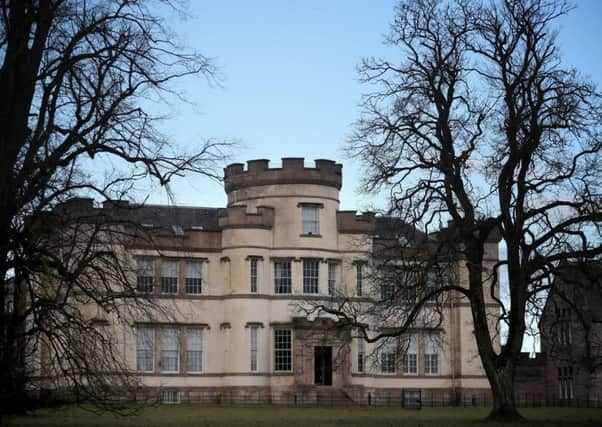Chris Marshall: Child abuse inquiry is harrowing but cannot be ignored


Since May last year, the Scottish Child Abuse Inquiry has sat in rented office space hearing testimony from survivors failed by the state in the most egregious way imaginable.
Most are now in old age and have waited decades for someone, anyone, to listen to the horrors visited on them as children.
Advertisement
Hide AdAdvertisement
Hide AdWith notable exceptions - The Scotsman, The Daily Mail, The Press Association - the inquiry has been largely ignored by Scotland’s media.
For many the truth is simply too hard to hear, a dark chapter to be set aside and consigned to the past.
When Deputy First Minister John Swinney stood up in the Scottish Parliament last month and told survivors in the public gallery “We believe you, and we are sorry,” his words, although welcome, rang hollow for many of those looking on.
An advanced payment scheme for ageing and infirm survivors, many of whom will die before the inquiry can deliver its final report, will not be in place until next year at the earliest, while a national redress scheme appears some years away.
A recurring theme for those who have sat listening to evidence at the inquiry is that many of the institutions where abuse took place were simply left to get on with it: inspections were rare and when they did take place, it was the staff, not the residents, who were spoken to.
The state’s recent acknowledgement of abuse comes too late for children such as Sammy Carr, who died aged 6 in 1964 from an E.coli infection after playing with a dead rat at the notorious Smyllum Park orphanage in Lanark. He received a severe beating from a nun shortly before his death.
It’s too late for Patricia Meenan, 12, who died after being hit by a car as she attempted to run away from the same institution five years later, or Francis McColl, who died in 1961 aged 13 after accidentally being struck on the head by a golf club.
But there are others for whom it is not too late.
Those such as “Troy”, who broke down last month as he told the inquiry how he was forced to apologise to his attacker after being raped and beaten as an eight-year-old at Quarrier’s Village, Renfrewshire during his time there in the late 1950s.
Advertisement
Hide AdAdvertisement
Hide AdNow in his late 60s, he told Lady Smith, the judge leading the inquiry, that the day it began hearing evidence was “one of the greatest” of his life.
For the most part the testimony heard by the inquiry is harrowing, lightened only by the occasional tale of youthful defiance such as the hiding of unwanted food in pockets or standing up to adult bullies.
Perhaps more poignant, however, is the way many of those who have been afforded the worst possible start in life have nevertheless flourished, marrying and raising children of their own, all the while vowing to provide the love and care they were so cruelly denied.